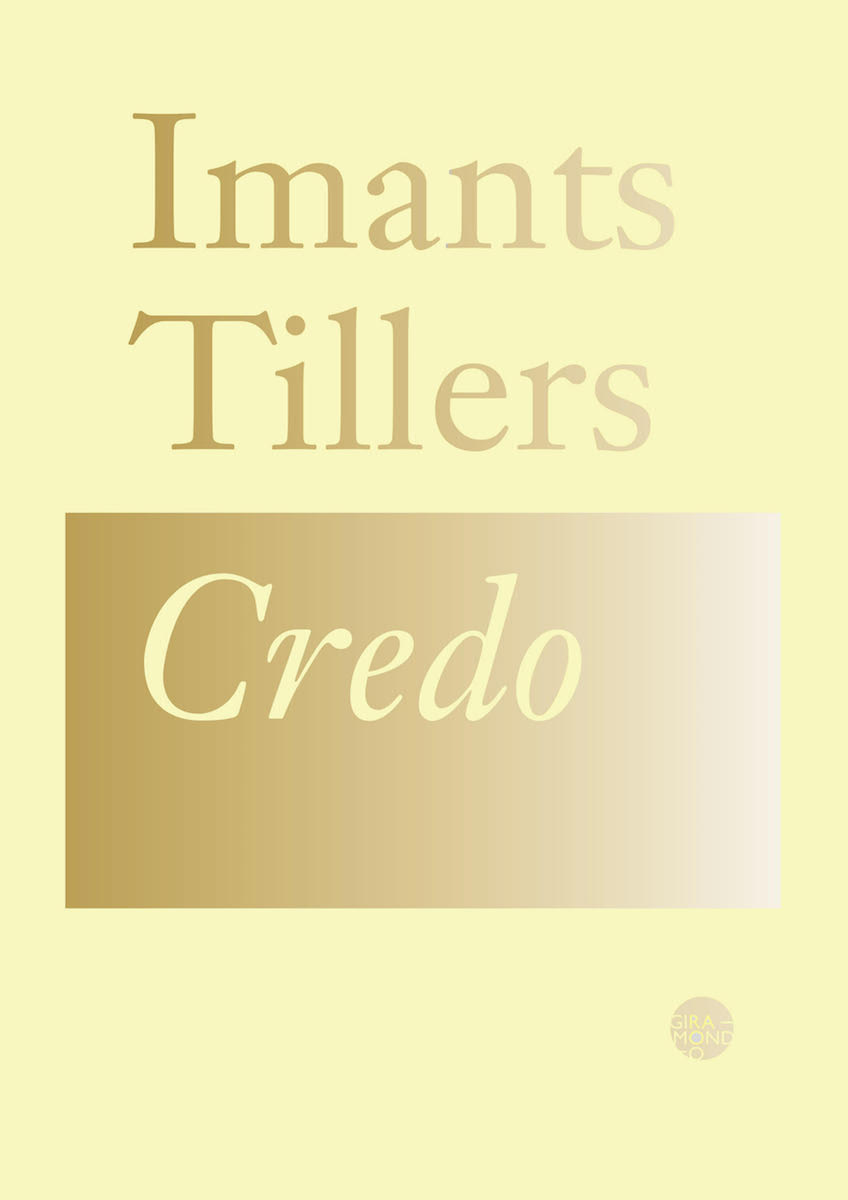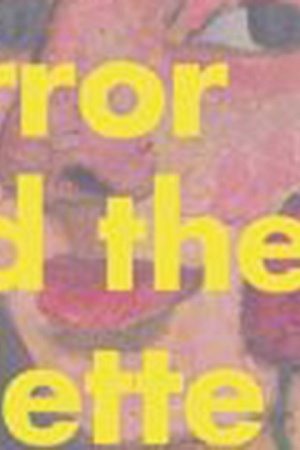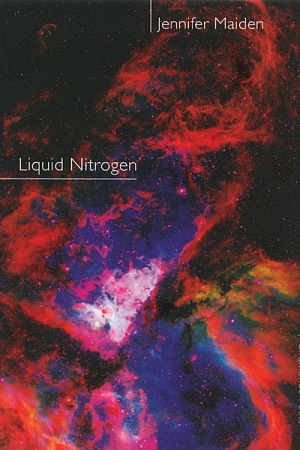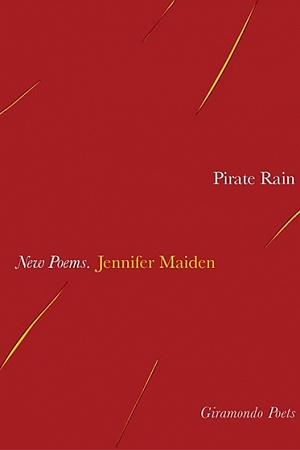Credo
Giramondo, $26.95 pb, 185 pp
Theatre of memory

In the early sixteenth century, the Italian Renaissance poet and philosopher Giulio Camillo conceived an imaginary structure for universal knowledge named The Theatre of Memory; essentially a classical amphitheatre that inverted the position of spectator and stage, turning the auditorium into a tiered structure that fanned into rows of encyclopedic knowledge. Imants Tillers makes no mention of Camillo’s theatre in his anthology of essays, Credo, but the structure could be a parallel schema for his own expansive project The Book of Power – an ongoing inventory of all the canvas board panels Tillers has painted since 1981, which totalled 102,663 by 2018.
Born of immigrant Latvian parentage, Tillers is a renowned Australian artist who garnered national attention in the late 1970s and, through his customary strategy of appropriation, came to typify Australian postmodernism. He is best known for his modular paintings comprising multiple panels of canvas boards which are assembled into grids, fracturing the surface into a matrix of semi-unified parts. Fragments of images from disparate artists and writers interlock into collaged compositions, making his works compendia of literary and artistic quotation.
While paintings have been his primary output over the past fifty years, Tillers has also written essays. Credo is a collection of fourteen of them dating from 1982 to 2019, all previously published, apart from ‘The Sources’ (2019). It is this last essay that elaborates The Book of Power and takes the format of a dictionary of Tillers’ key artistic and literary influences, including Giorgio de Chirico, Marcel Duchamp, Georg Baselitz, Jackson Pollock, Sigmar Polke, and Colin McCahon, Novalis, and Stéphane Mallarmé. Committed to continuing his over-arching project, Tillers nonetheless notes, ‘Something [is] always missing – that is, the next work, the next reference, the next source, the next allocated number as it heads in the impossible direction of infinity, never to reach finality or terminus.’ There is a voracity here yet the linking of each of these artists back to his own oeuvre has a touch of self-aggrandisement.
Continue reading for only $10 per month. Subscribe and gain full access to Australian Book Review. Already a subscriber? Sign in. If you need assistance, feel free to contact us.
















Leave a comment
If you are an ABR subscriber, you will need to sign in to post a comment.
If you have forgotten your sign in details, or if you receive an error message when trying to submit your comment, please email your comment (and the name of the article to which it relates) to ABR Comments. We will review your comment and, subject to approval, we will post it under your name.
Please note that all comments must be approved by ABR and comply with our Terms & Conditions.